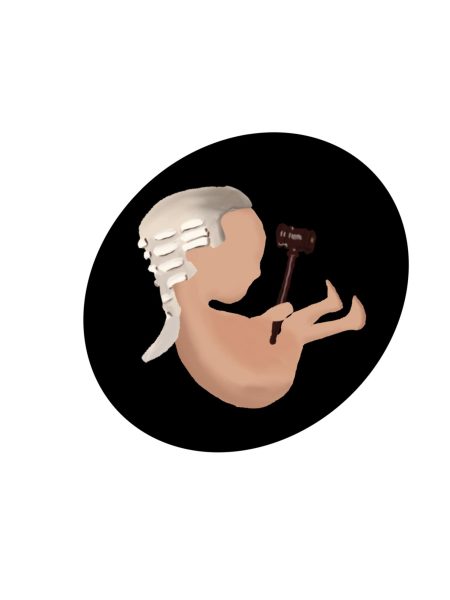Progressive companies: Natural or contrived?
February 7, 2023
As citizens and consumers, society has become well aware of the resounding number of companies beginning to turn toward “progressivity.” Present “progressive” companies are those that pinpoint specific demographics or provide commentary on certain political issues. Due to this, the current state of the corporate world has become plagued by the obsessive need to conform to the needs and wants of “the masses.” Vivek Ramaswamy, in his article written in The New York Post, called “Woke, Inc: Why I’m Blowing Whistle on How Corporate America Is Poisoning Society,” sums it up perfectly when he states that in order to succeed in current corporate America, you must “pretend like you care about something other than profit and power, precisely to gain more of each.”
Attempts by companies such as Google have thrown away their normal advertising styles to include those that target specific demographics. A striking example is their advertisement campaign for their Google Pixel 6 from June of 2022. To showcase a feature on their phone, they utilized actor Simu Liu and his mother, who speaks Mandarin. According to Laura Pearce, head of marketing for Google Canada, in a video and article tandem, their goal for the inclusive ad was to “drive the viral nature of this ad.” She then states that the advertisement produced a 156% lift in Pixel sales. Although the marketers claimed that the purpose of the advertisement was to portray honest inclusivity, it is clear from the structure of their explanation that their overarching goal was profit.
Another damning instance of incomplete inclusivity comes from Nike. In 2018, Nike made a bold and conscious choice to connect NFL player Colin Kaepernick to their brand amidst the ongoing Black Lives Matter protests. Though it may seem like a groundbreaking move after the football player was chastised for kneeling during the National Anthem, the act dwindled down to a push for a new successful market strategy. According to an article in The New York Times, the advertisement that included Kaepernick surged Nike’s company value by a whopping “$6 million two weeks later.” It is apparent that their new strategy had benefited the company immensely, but in turn, it caused friction between different groups for the company’s gain.
Victoria’s Secret is another brand that has embarked on this “progressive” path. Recently, the company launched an all-inclusive collection named “Love Cloud.” In accordance with a press release published on Victoria’s Secret & Co.’s website, the collection is “a first of its kind campaign for the brand, the collection is modeled by eighteen dynamic women, reinforcing Victoria’s Secret’s commitment to welcoming and celebrating all women.” The move piqued the interest of consumers, but for the wrong reasons. In a Vogue article written by Nicole Phelps, an interview was conducted with Ed Razek, chief of marketing for L. Brands, and Monica Mitro, executive vice president of public relations at Victoria’s Secret. In the interview, they discuss Savage x Fenty and progressive business models, where Razek makes remarks such as “the show is a fantasy” and “it’s a 42-minute entertainment special,” which implies that women of different backgrounds would not be entertaining in their shows and collections. Due to the growing loss of sales, the motives for launching this new collection have been heavily questioned.
As the climate of society becomes more divided, and with a torrent of viewpoints on different subjects, companies should stop trying to cater to the masses. The act of having “progressive” companies and campaigns become contrived due to the astounding amount of companies participating. There is no way to truly tell if a company is working with integrity; however, with the obvious booms in these companies’ sales, profits and market shares, it is difficult to think they are working for real change and inclusivity.












